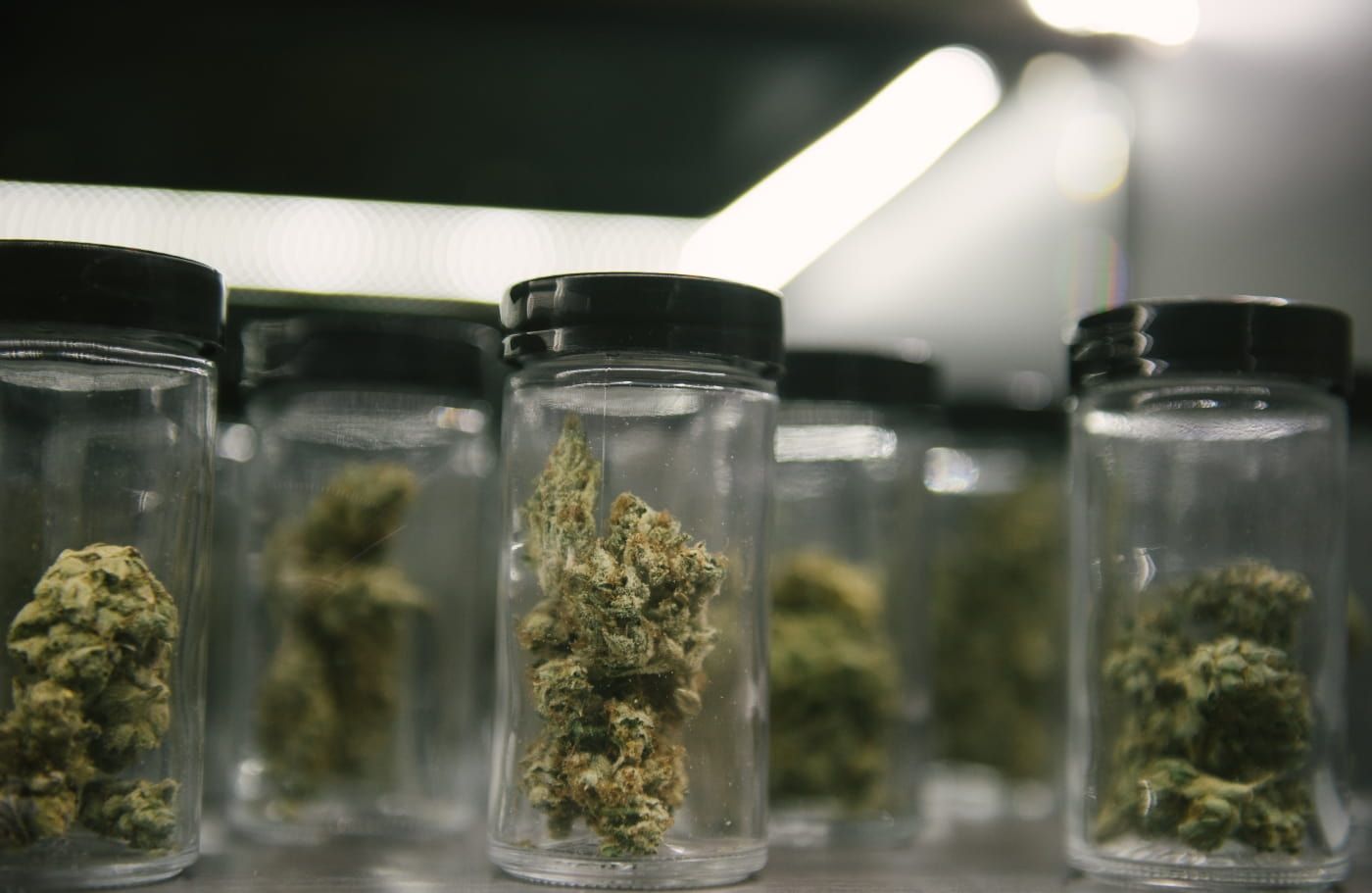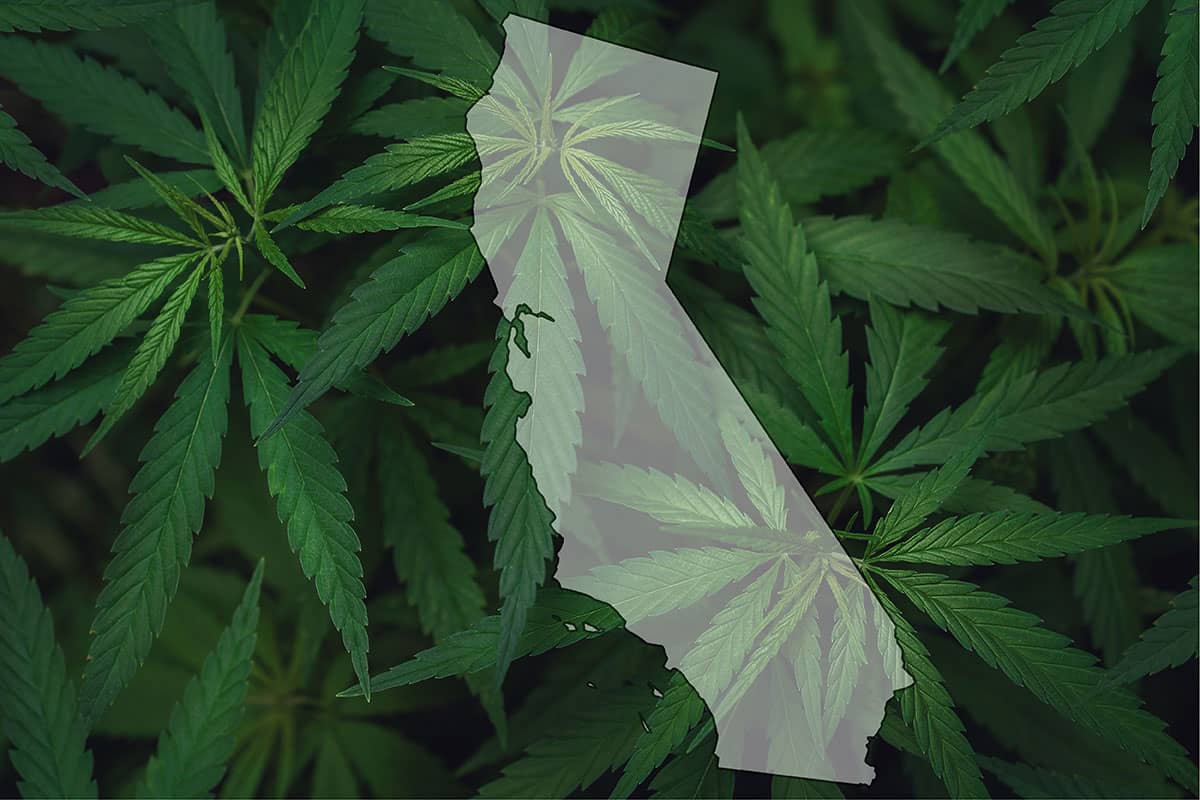California Gov. Gavin Newsom’s new statewide stay-at-home order has created even more uncertainty for marijuana businesses in the world’s largest cannabis market, forcing executives to navigate a growing jumble of local rules that may or may not permit MJ companies to operate normally.
The order, which was issued Thursday night, doesn’t explicitly address whether cannabis companies are part of 16 “critical” industries identified by the federal government – including the health-care sector – that can keep their doors open during the coronavirus pandemic.
The result: a diverse mix of orders from some California city and county governments.
But inconsistencies have emerged and state regulators have yet to provide clarity.
In some areas such as Sonoma County, for example, regulators have pushed to allow retailers to serve only medical marijuana patients that hold doctors’ recommendations.
The problem with that is many longtime MMJ patients have let their formal physician recommendations lapse since the start of the legal adult-use market in California two years ago.
The last thing industry insiders say they want to create is a rush from consumers to get new physician recommendations – particularly when health-care workers should focus on the coronavirus.
That’s one reason that Jerred Kiloh, president of the United Cannabis Business Association (UCBA), is hoping the state will soon get on board with cities such as Los Angeles and San Francisco, which have both classified cannabis businesses as “essential.”
“It’d be great for the state of California to say it’s an essential good, so individual municipalities can go back to discussing other necessities,” Kiloh said.
“This has turned into an over-the-counter kind of drug … But it’s still medicine.”
The California Bureau of Cannabis Control, the state Department of Public Health, and Newsom’s Office of Business and Economic Development did not immediately respond to requests for comment.
A BCC spokesman did write in an email to Marijuana Business Daily: “We will likely have some guidance coming out” for marijuana companies. But when it may issue that was not immediately clear.
To date, governmental guidance for cannabis businesses has come mostly from city and county officials across California.
At least 16 cities and counties around the state have already categorized at least some cannabis businesses as “essential” companies that will be allowed to continue operating during the shutdown.
Los Angeles was one of the latest. In an order issued Thursday night, L.A. Mayor Eric Garcetti classified “cannabis dispensaries” as “essential,” lumping them in with “all health-care operations.”
According to the UCBA and other industry sources, localities that have deemed marijuana businesses “essential” include:
- Alameda County
- Berkeley
- Humboldt County
- Los Angeles
- Los Angeles County
- Mendocino County
- Monterey County
- Oakland
- Palm Springs
- Sacramento County
- San Francisco
- San Jose
- San Leandro
- Santa Ana
- Santa Cruz County
- Sonoma County
Kiloh said he’s not aware of any local governments that have deemed cannabis “nonessential.”
San Francisco initially banned all cannabis retail earlier this week, but that move was quickly reversed by city officials.
John Schroyer can be reached at johns@mjbizdaily.com
For more of Marijuana Business Daily’s ongoing coverage of the coronavirus pandemic and its effects on the cannabis industry, click here.





